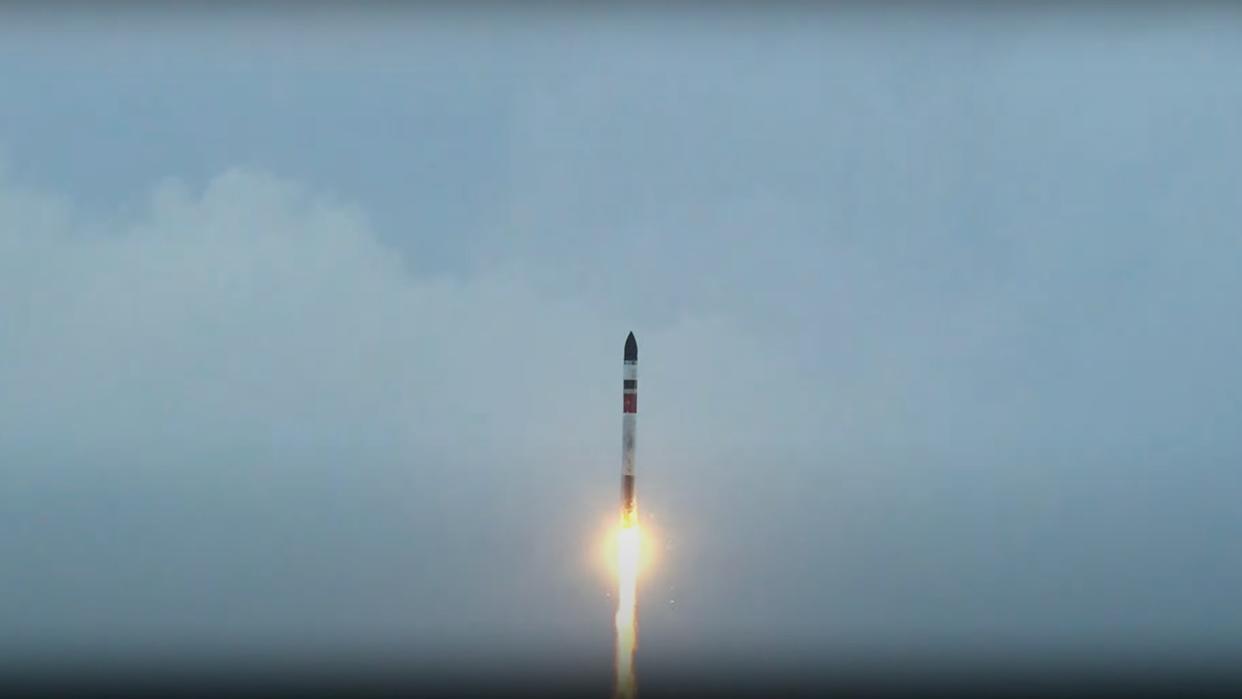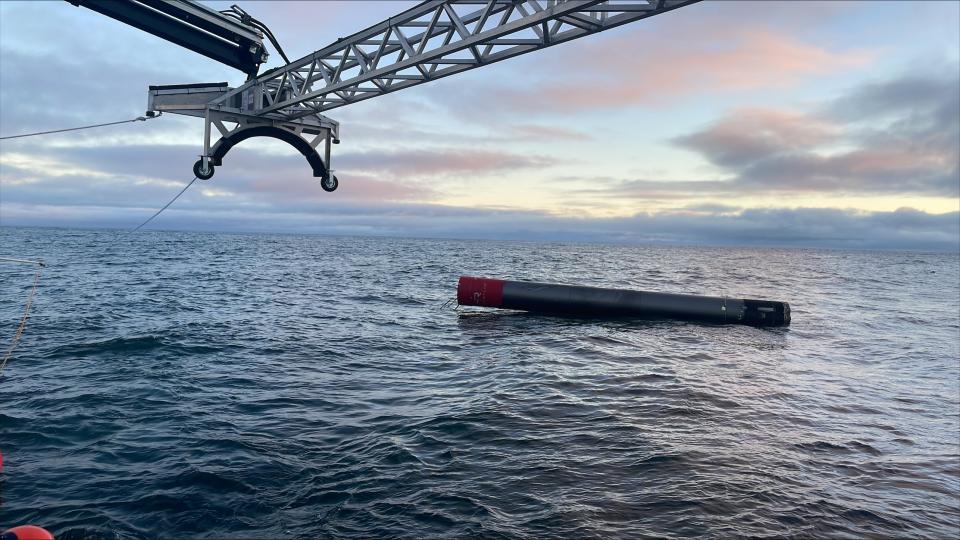Rocket Lab launches 4 private satellites, recovers booster from the sea (video)

Rocket Lab's first mission of the year was a rousing success.
An Electron rocket lifted off from Rocket Lab's New Zealand launch site on Wednesday (Jan. 31) at 1:34 a.m. EST (0634 GMT; 7:34 p.m. local New Zealand time), carrying four space situational awareness (SSA) satellites aloft for Montreal company NorthStar Earth & Space.
The four spacecraft were deployed into their target orbit, a circular path 330 miles (530 kilometers) above Earth, about 52 minutes after launch.
"Mission success! All four @SpireGlobal and @northstarEandS satellites have been delivered to their target orbits. Congratulations to all and welcome to space," Rocket Lab said in a post on X shortly after deployment.
Related: Facts and information about Rocket Lab

The four spacecraft, which were built and will be operated by San Francisco-based Spire Global, "will be the first to simultaneously monitor all near-Earth orbits from space, delivering a radically enhanced level of SSA services to the global satellite community, with timely and precise information for space object detection, tracking, orbit determination, collision avoidance, navigation and proximity alerts," Rocket Lab wrote in a mission description.
Getting the four satellites up was the chief goal of Wednesday's mission, which Rocket Lab called "Four of a Kind." But there was a secondary aim as well: Bring the first stage of the 59-foot-tall (18 meters) Electron back to Earth under parachutes for a soft Pacific Ocean splashdown.
Rocket Lab achieved this as well on Wednesday; the booster hit the water 17 minutes after liftoff, surviving its trip home in good shape. A recovery boat sped to the splashdown site to snag the rocket and haul it back to shore for inspection and analysis.
Such work, which Rocket Lab has also done on a handful of previous missions, aids the company's effort to make the Electron's first stage reusable. Rocket Lab has already made strides toward this end; last August, for example, an Electron launched successfully with one preflown Rutherford engine. (Electron's first stage is powered by nine Rutherfords.)

RELATED STORIES:
— US military taps Rocket Lab to launch hypersonic test vehicle in 2025
— Can a private space mission pierce Venus's clouds?
— Rocket Lab targets late 2024 for private Venus mission launch
"Four of a Kind" was Rocket Lab's first launch of 2024 and its 43rd Electron mission overall. The mission was originally supposed to launch on Jan. 28, but Rocket Lab pushed it back due to bad weather.
The previous Electron launch, which occurred last month, was a return-to-flight mission following a failure that occurred in September. The December mission, called "The Moon God Awakens," was a success.
Editor's note: This story was updated at 3 a.m. EST on Jan. 31 with news of launch success and booster splashdown.

